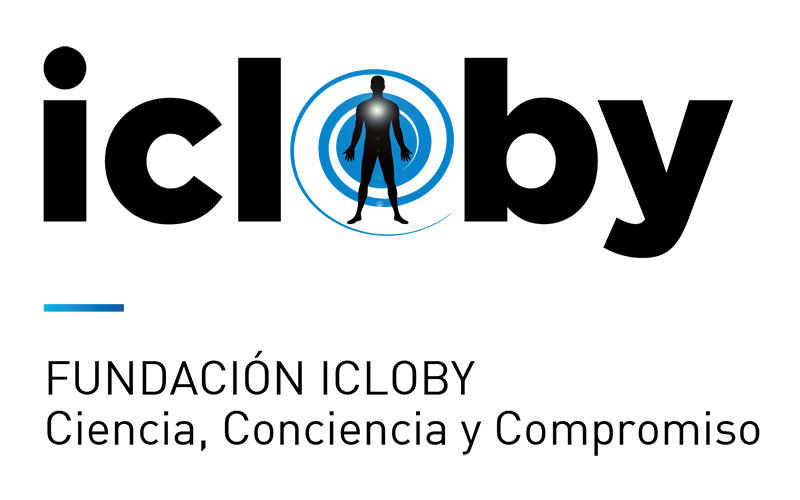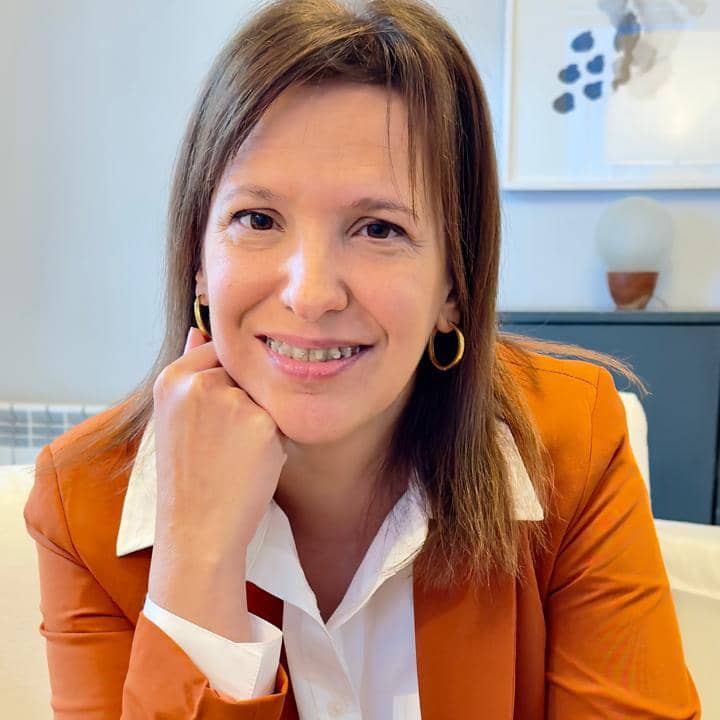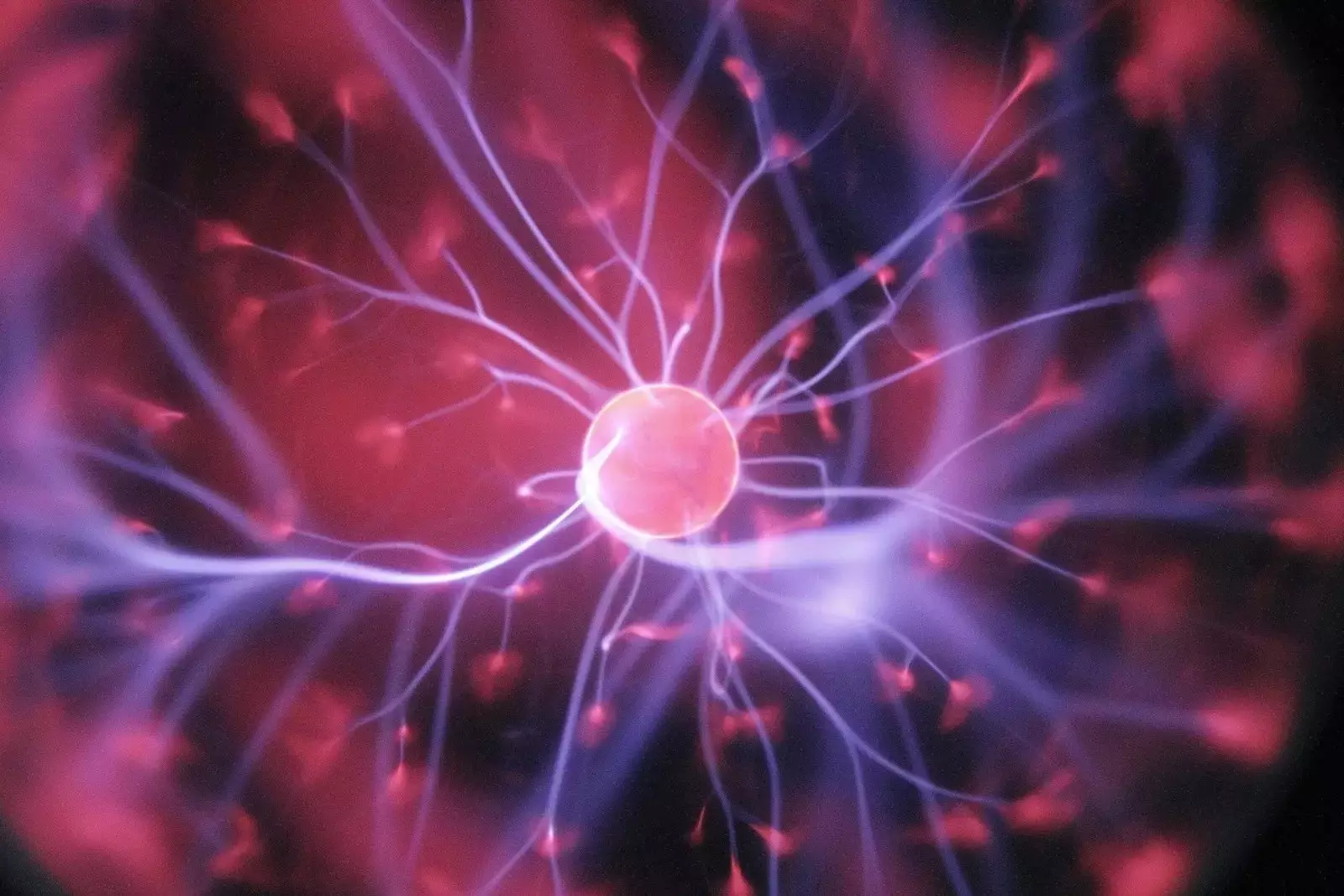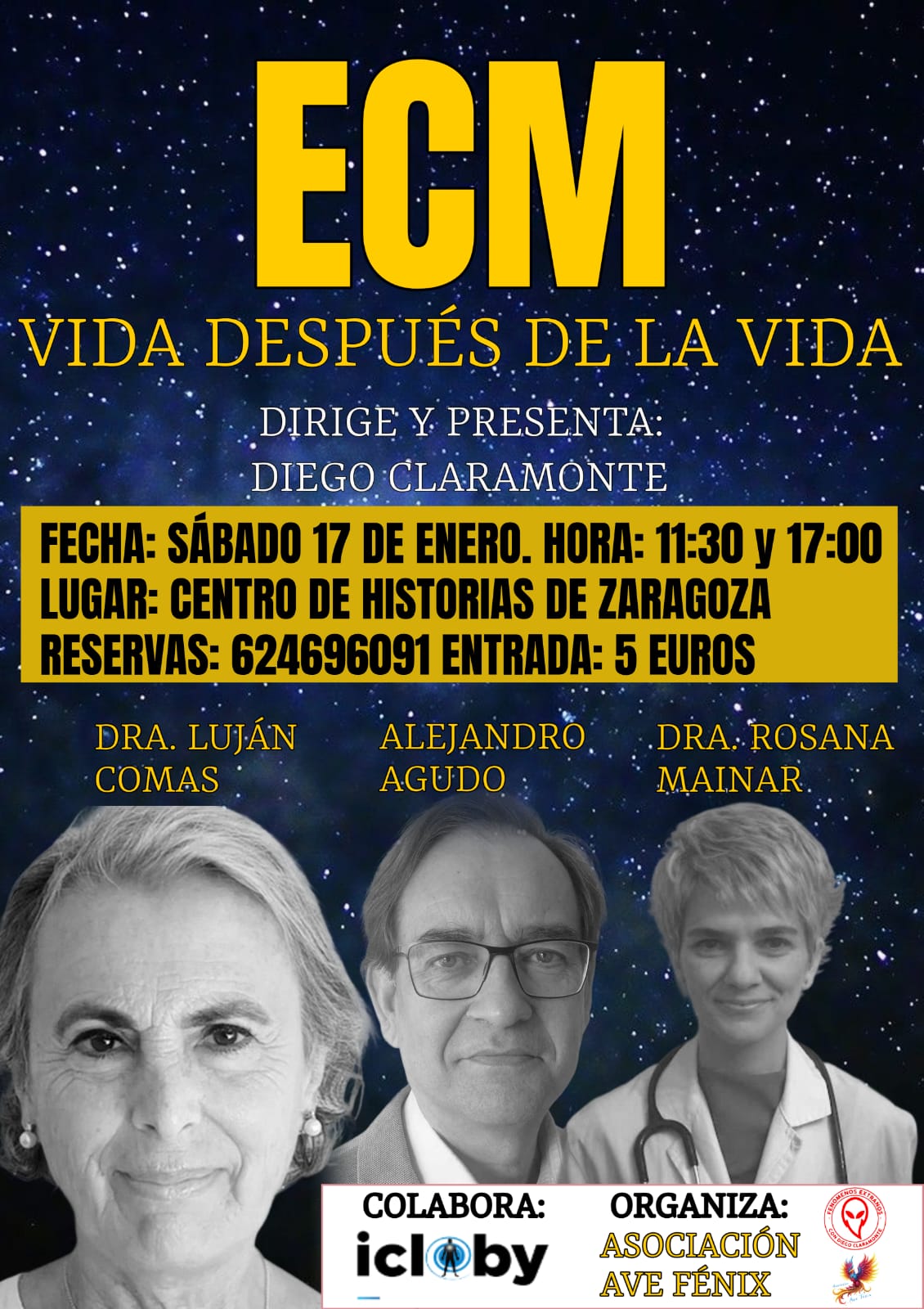Eu sou um anestesiologista, E sempre fui movido por uma profunda curiosidade sobre os limites da consciência e a interseção entre ciência e fenômenos que ainda não podemos explicar completamente. Essa curiosidade me levou a me matricular em um curso oferecido pela Fundação Icloby sobre experiências de quase morte (EQMs)- uma decisão que acabou sendo profundamente transformadora, tanto profissionalmente quanto pessoalmente.
Ao longo do curso, Eu me envolvi em um estudo rigoroso de NDEs por meio de pesquisas científicas, Análise filosófica, e testemunhos pessoais. Eu aprendi sobre os padrões recorrentes nessas contas, as várias teorias neurocientíficas que tentam explicá -las, e, o mais importante, o impacto emocional e existencial que essas experiências têm sobre aqueles que passam por eles. Fiquei surpreso com a consistência entre os testemunhos e como, Além de qualquer explicação fisiológica, Essas experiências pareciam tocar em algo profundamente humano.
O curso não apenas me forneceu ferramentas acadêmicas valiosas, mas também com uma profunda experiência de crescimento pessoal. O trabalho em grupo incentivou uma troca enriquecedora de idéias e diálogo aberto com pessoas de diversas origens que compartilhavam um interesse comum em entender o que está além do limiar da morte. Essa abordagem colaborativa criou um calor, ambiente de aprendizado empático. Adicionalmente, a faculdade mostrou forte compromisso com o assunto, oferecendo alta qualidade, atualizado, e instrução sensível.
Motivado pelo que eu tinha aprendido, Eu escolhi me envolver mais e comecei a colaborar com a Fundação Icloby no projeto Luz como pesquisador principal do hospital onde trabalho. Esta iniciativa visa reunir e analisar testemunhos de pessoas que experimentaram um NDE, com o objetivo de aprofundar nossa compreensão e explorar suas implicações de uma perspectiva multidisciplinar. Foi um privilégio contribuir com minha formação médica para o projeto, apoiando o desenvolvimento de uma abordagem científica, mas respeitosa e humana.
Uma das tarefas mais significativas que realizei foi entrevistar indivíduos que haviam sofrido uma experiência de quase morte. Ouvir suas contas em primeira mão foi incrivelmente emocionante. Muitos descreveram uma sensação de paz absoluta, experiências fora do corpo, Encontros com presenças calmantes, e até avaliações da vida. Na maioria dos casos, Essas experiências levaram a profundas mudanças em suas vidas - uma maior apreciação pelo presente, relacionamentos mais conscientes, e reduziu o medo da morte.
Cada testemunho deixou uma marca em mim. Isso me levou a questionar certezas realizadas anteriormente, Para ver minha própria prática médica através de uma nova lente, e reforçar a necessidade de abordar esses fenômenos com sensibilidade, respeito, E uma mente aberta. Percebi que o estudo das NDEs exige mais do que apenas o método científico tradicional: exige uma perspectiva integrativa que inclua emocional, espiritual, e dimensões subjetivas.
Minha jornada com a Fundação ICLOBY e o projeto Luz continua. Essa experiência não apenas ampliou meus horizontes científicos, mas também enriqueceu minha compreensão do ser humano e nossa complexidade. Estou convencido de que, através de uma abordagem interdisciplinar e profundamente humana, Podemos continuar a esclarecer esses fenômenos e contribuir para uma compreensão mais abrangente da vida, morte, e consciência.
Dr.. Marissa Casabonne, Médico





